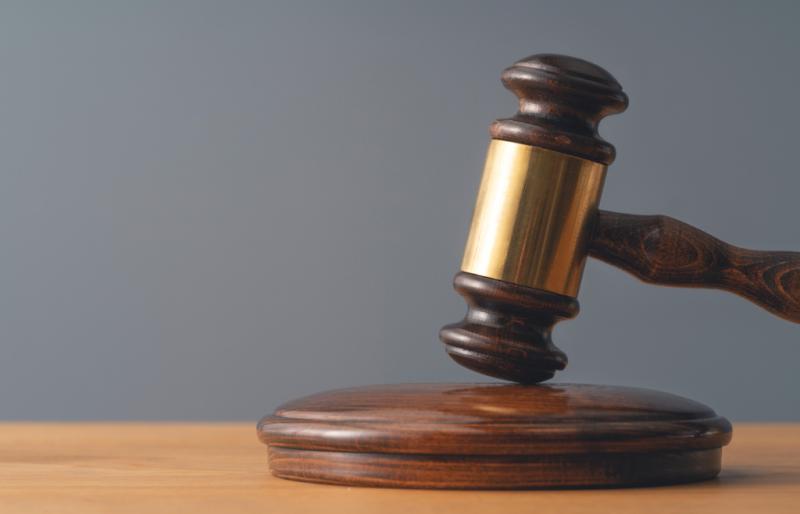Understanding the Role of a Criminal Lawyer: What Information Must They Share with Law Enforcement?

When facing criminal charges, hiring a criminal lawyer is essential to ensure your rights are protected and you receive a fair trial. Criminal lawyers are legal professionals who specialize in defending individuals and organizations charged with criminal offenses, ranging from minor misdemeanors to serious felonies. Their primary role is to represent their clients and provide legal advice and representation throughout the criminal justice process.
Introduction to the Role of Criminal Lawyers
Criminal lawyers are responsible for defending their clients against charges brought by the state or federal government. They work to ensure that their clients receive a fair trial and are not subjected to undue punishment. Additionally, they have a deep understanding of the law and the criminal justice system and use this knowledge to build strong cases on behalf of their clients. In addition to representing their clients in court, criminal lawyers also provide legal advice and representation during police investigations, plea negotiations, and sentencing hearings. They work closely with their clients to develop a defense strategy that best suits their needs and circumstances.
The Importance of Confidentiality
One of the most important aspects of a criminal lawyer's role is maintaining client confidentiality. They are bound by strict ethical rules that require them to keep all information related to their clients' cases confidential. This means that they cannot disclose any information obtained from their clients without their clients' express consent. Maintaining client confidentiality is essential to building trust between a criminal lawyer and their client. Clients must feel comfortable sharing sensitive information with their lawyer without fear of reprisal. Criminal lawyers must take all necessary steps to protect their clients' confidentiality, including securing their office and computer systems, and destroying any documents or files that are no longer needed.
What Information Can a Criminal Lawyer Share with Law Enforcement?
Criminal lawyers are not allowed to share any information obtained from their clients with law enforcement without their clients' consent. This includes information obtained during consultations, discussions, or any other communication between a lawyer and their client.
However, there are some exceptions to this rule. Criminal lawyers may be required to disclose information if they believe that their client is about to commit a serious crime or harm themselves or others. They may also be required to disclose information if ordered to do so by a judge or if required by law.
Exceptions to Confidentiality: When Can a Criminal Lawyer Disclose Information?
Criminal lawyers are only allowed to disclose information in certain circumstances. If a client tells their lawyer that they plan to commit a serious crime, such as murder or terrorism, the lawyer is required to report this to the appropriate authorities. This is known as the "crime-fraud exception" and is designed to ensure that the legal system is not used to perpetrate or cover up crimes. Criminal lawyers may also be required to disclose information if ordered to do so by a judge. For example, if a judge orders a criminal defence lawyer in Calgary to turn over documents or other evidence, the lawyer must comply with the order or face sanctions.
The Duty of a Criminal Lawyer to Protect Their Clients
Criminal lawyers have a duty to protect their clients' interests and ensure that their rights are protected throughout the criminal justice process. They must provide their clients with the best possible legal advice and representation, even if this means going against their own personal beliefs or opinions. Criminal lawyers must also ensure that their clients understand their legal rights and obligations. This includes explaining the charges against them, the possible consequences of a conviction, and the options available for defense.
The Consequences of Breaching Confidentiality
Breaching client confidentiality is a serious offense and can result in severe consequences for criminal lawyers. If a lawyer is found to have disclosed confidential information without their client's consent, they may face disciplinary action from their state bar association, including fines, suspension, or disbarment. In addition to facing disciplinary action, criminal lawyers who breach client confidentiality may also face civil lawsuits from their clients. Clients who have had their confidential information disclosed without their consent may seek damages for any harm or damages caused by the disclosure.
Conclusion: The Importance of Confidentiality in the Criminal Justice System
Confidentiality is a critical aspect of the criminal justice system and the client-lawyer relationship. Criminal lawyers play a vital role in ensuring that their clients receive a fair trial and are not subjected to undue punishment. Maintaining client confidentiality is essential to building trust between a criminal lawyer and their client and ensuring that clients feel comfortable sharing sensitive information with their lawyer. Criminal lawyers must be diligent in protecting their clients' confidentiality and only disclose information in limited circumstances. Breaching client confidentiality can have severe consequences for criminal lawyers, including disciplinary action and civil lawsuits. By upholding their ethical obligations and protecting their clients' interests, criminal lawyers can help ensure that the criminal justice system remains fair and just.
More to Read:
Previous Posts:







